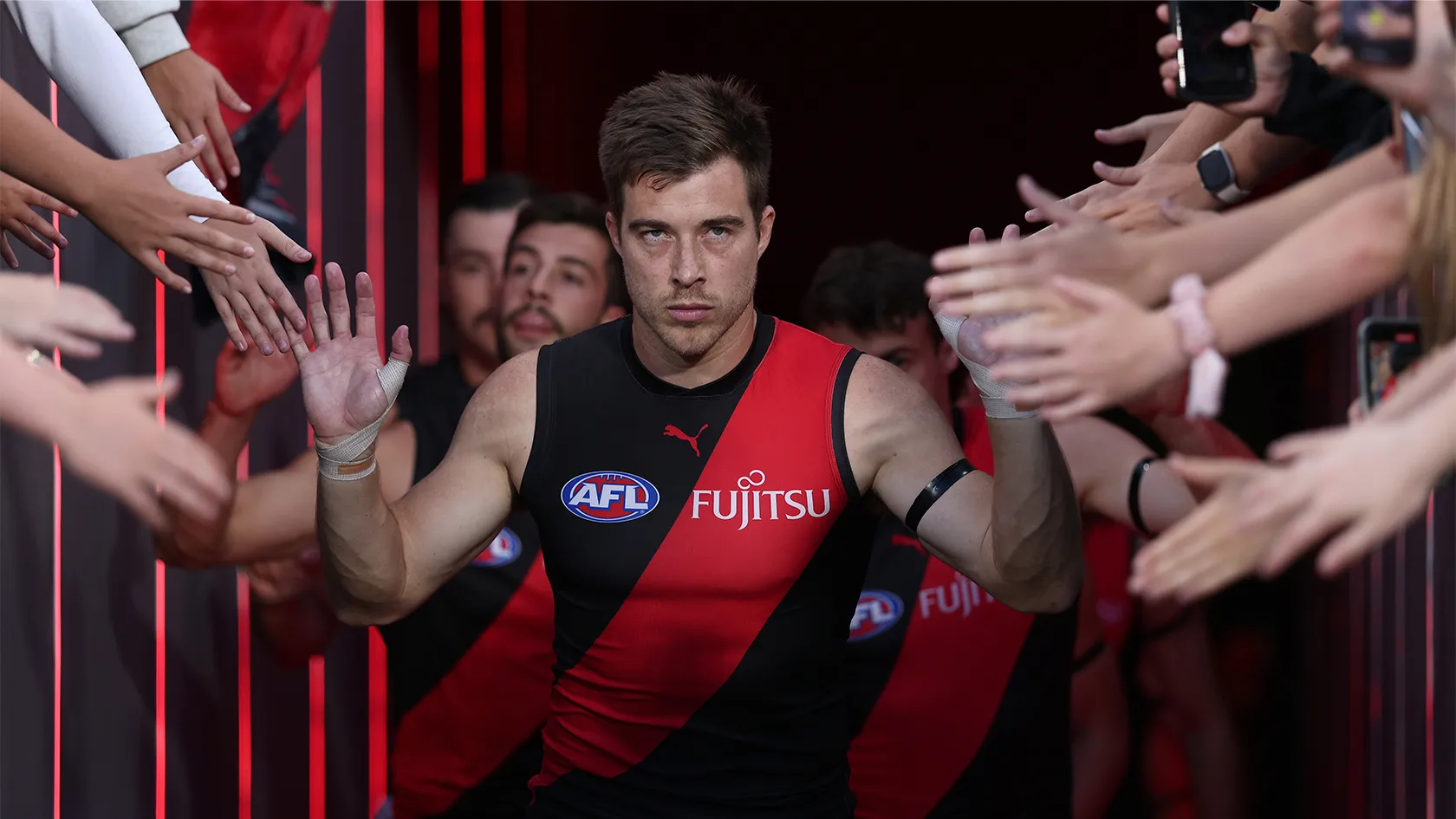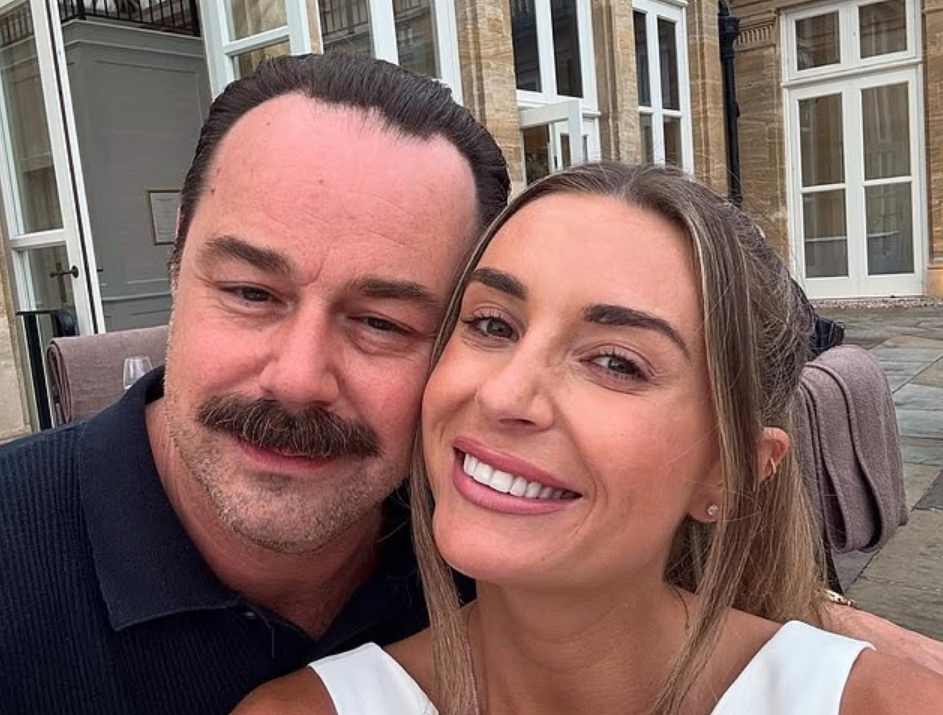By Daanyal Saeed
Copyright crikey

Crisis media strategy is a fraught world at the best of times — even more so when your client is the perennially crisis-plagued Essendon Football Club. The club’s latest saga involves its star captain, Zach Merrett, wanting to leave the club after it missed finals for the fourth consecutive season.
The Bombers’ on-field woes — the club last won a final during the Bush administration — have reportedly led to Merrett’s desire to join arch-rivals Hawthorn, a club preparing for a preliminary final and that has won four premierships since Essendon’s last.
Merrett met with Hawthorn coach Sam Mitchell on September 9, and has reportedly been agitating to leave Tullamarine, despite having two years remaining on a six-year contract extension he signed in 2021, with the club spruiking the deal as Merrett becoming “a Bomber for life”. He sits 16th on News Corp’s AFL rich list, with estimated earnings of around $1 million per year. He is indisputably one of the shining lights of the competition: he’s a three-time All-Australian and an odds-on favourite to win a sixth (and third consecutive) Crichton Medal, Essendon’s best and fairest award.
Per AFL rules, Merrett, as a contracted player, can only leave the club via a trade (to which he must consent in respect of the destination club). So, a complex dance of public relations has begun to play out where each party is chasing their own desired outcomes.
The allegation that Essendon has begun to strategically leak, or “drop”, stories against Merrett has begun to do the rounds in football media. Fox Footy’s Garry Lyon referred to “backgrounding going on” that was “messy and unseemly … that’s a planted story”, in reference to reports in the News Corp papers of Merrett allegedly disrespecting Essendon’s AFLW program.
“That doesn’t make its way into the public domain without someone, maliciously in my mind, wanting to plant that seed.”
The Age’s Caroline Wilson said on Seven’s Agenda Setters that Essendon had been “selectively letting people know about little acts of selfishness” on Merrett’s part, described by SEN CEO (and former reporter) Craig Hutchison on the same panel as “strategic positioning against each other”.
Another reporter, with over a decade of experience covering the AFL and who wished not to be named, told Crikey they thought “Essendon has clearly got its hands very dirty with the Merrett story, it’s been a tit-for-tat with some pretty transparent planning of stories”.
The Essendon Football Club denies any sort of backgrounding, with a spokesperson telling Crikey that the “reports are completely false”.
Nine’s chief football reporter Tom Morris, who broke the story that Merrett had met with Hawthorn coach Mitchell, told Crikey that his scoop wasn’t a drop.
“I’ve had strategic leaks given to me [before] and this wasn’t one of them,” Morris said.
“The tell-tale signs around dropped stories relate to stories where players are quoted, like Mason Redman and Nic Martin being quoted in The Age and AFL.com.au. It’s not like those players have called up those journalists and said, ‘Hey, I’m willing to talk, do you want to get me on the record?’”
“That’s a strategy that’s used by the club, and I think it has some merit, pardon the pun.”
“I think Essendon has walked a tightrope between sticking up for the club and making its club position categorically clear, and disenfranchising its star captain even more. And that’s a really difficult tightrope to walk, and there’s no easy way to do that, just like there’s no easy way for Merrett to try to get out.”
On whether Essendon’s alleged backgrounding would actually work, Morris referred to the two courts where the club would have to win: those of public opinion and member opinion.
“You only really care what your members think … My analysis, based on my own sphere of media intake, is that it has worked because a lot of the members have rallied behind the club based on the strategy that the club has undertaken,” he said.
“It probably slightly lessens his trade value. I think in making these decisions, you probably have to accept that … we’re going to keep the members as happy as possible, and Merrett’s trade value is going to go down slightly. That’s the trade-off.”
On his journalistic view of strategic leaks and the value of choosing to publish, Morris said, “As long as the information is accurate, then there’s nothing wrong with being on the receiving end of a strategic leak. But I think in your reporting, you need to give as much as reasonably possible, a balanced perspective, so you might get a leak from one side … but this is the other perspective, and you leave the viewer or the reader or the audience to make up their own mind.
“Journalism in its purest sense, without getting too kumbaya about the whole thing, is actually hunting a story and chasing it and having multiple sources to verify and you publish it. But the reality is, a lot of journalism is cutting deals — I’ll do something for you if you can do something for me. And part of that is also having strong relationships. And with strong relationships, you get trust, and with trust, you get stories for free essentially. The best journalists, I think, get a combination of all of those.”
On managing a PR disaster and how clubs go about managing scandal, Morris said that occasionally non-media personnel within a club would intervene on media strategy in a way that wasn’t always best advised.
“There are clubs, without being willing to name them, with teams of media that are in many ways patsies to the coach and the footy boss and the CEO, and as a result … they see the media person, who might be quite senior in other organisations, as someone just to write the media release and to tick the box. I think a good collaborative approach where the GM of media is actually involved in the decision-making is really critical.”
“One of the big issues is that non-media people in football often think they understand the media, so they have their own media strategy, and sometimes they do, to be fair … but there’s also a lot that don’t — a lot of coaches that think that they know [when] they don’t.”
Disclosure: Daanyal Saeed is a member of the Hawthorn Football Club.



